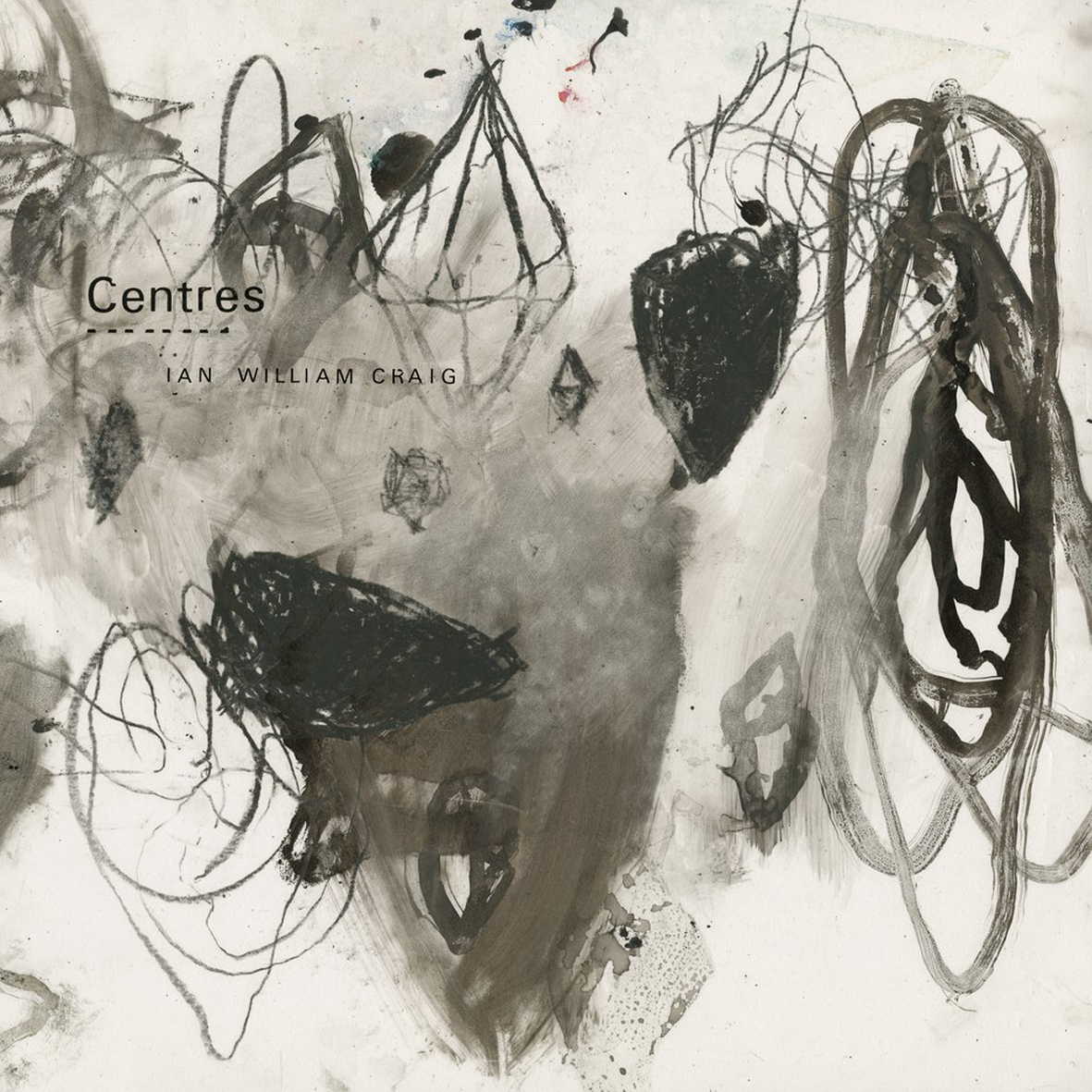
It has taken me an embarrassingly long time to finally acknowledge the sublime brilliance of Vancouver-based polymath Ian William Craig, but he certainly has not made it easy, as every album that I have heard from him seems to showcase a new facet of his elusive aesthetic (classical pianist, distressed tape experimenter, instrument builder, the next Tim Hecker, hallucinatory hymnal composer, etc.).  Also, much of his best work was quietly released in limited vinyl editions on Sean McCann’s Recital Program imprint (and the stellar Heretic Surface does not even appear in Discogs), so it was easy to miss.  With his latest release, however, Craig seems poised to breakthrough to a larger audience.  At the very least, Centres is certainly a creative breakthrough, expertly weaving together several different experimental and esoteric threads into an excellent batch of actual songs with hooks.  If it is possible to make a largely guitar-free classic shoegaze album, Craig has done it with Centres.
FatCat/130701
The opening "Contain (Astoria Version)" is surprisingly radical statement of intent, as it not only places Craig's strong, classically trained vocals front and center, but it goes one step further and runs them through Autotune.  It is quite an unusual effect, as it sounds like a very sincere and melodic half-sung poem or a post-modern opera refrain filtered through contemporary pop music.  Or maybe like David Sylvian teamed up with Rihanna’s producers to try to break through to the teen market, but then ran out of money before anyone got around to adding beats.  That is only half the story though, as the surrounding music is a fuzzed-out ocean of hissing bliss, lush grandeur, and loops of angelic female vocals.  Somehow it manages to be simultaneously razor-focused and unrepentantly indulgent at the same time, as Craig never loses sight of the strong melodic hooks, yet perversely allows his perfectly sculpted avant-pop gem to dissolve, smear, and stretch into a ten-minute epic.  It is an audacious monster of a piece that sounds like nothing else that anyone else is doing.  It is also a fully formed synthesis of several stylistic strains that have run throughout Craig's career, somehow blending his quasi-operatic talents with blown-out Hecker-esque drone and wobbly, hissing tape manipulations without pushing any of them into the background.
To his credit, Craig does not attempt to replicate any similar feats elsewhere on the album, instead seeming restlessly hellbent on moving constantly forward into new vistas.  For example, the following "A Single Hope" is a left-field shoegaze masterpiece, as Craig's elegantly melodic vocals drift over a glacially slow bed of distorted chord swells to basically produce high-grade heroin for the ears.  "Drifting to Void on All Sides" follows in a similarly gorgeous and narcotic vein, unfolding as a wobbly chorus of angelic voices floating from a battery of malfunctioning tape machines.  The comparatively clean and accordion-based "The Nearness," on the other hand, sounds like fairly straightforward "pop classical," which makes sense given that Centres is a rare dispatch from FatCat’s classically bent 130701 imprint.  Despite its initial form, however, "The Nearness" still ultimately dissolves into crackling and hissing tape-ravaged heaven.  The recurring theme throughout the album time and time again is that of strikingly beautiful and serene melodies blearily drifting through a roiling maelstrom of hissing, stuttering, crackling, and quivering distortion and decay.  On the most immediately gratifying and memorable pieces, the structured melodies manage to heroically assert their dominance, but the pieces (such as "Set to Lapse") that just wallow in this bliss-storm are quite pleasurable in their own right.  In fact, an album of murkily hallucinatory and masterfully textured drone in the vein of "A Circle Without Having To Curve" would probably still be a lock for one of my favorite records of the year.
I suspect that Centres probably could have been condensed from a double-album to just a single LP if the more incidental/interlude-type pieces had been scrapped, but their presence feels crucial in maintaining the sustained and soft-focus altered reality of Centre's spell.  Also, the recurrent sea of artfully blurred abstraction seems necessary to ensure that each island of fully formed song makes a maximum impact.  Seven or eight great songs in a row would be wonderful, but probably also a little numbing: I definitely appreciate the surprise of a simple and pure masterwork like the quasi-hymnal "Purpose (Is No Country)" blossoming forth from the static quite deep into the album.  
Appropriately, Craig saves one last treat for the final piece, reprising the oceanic and fuzzy heaven of the opening "Contain" with just his voice and an acoustic guitar.  Naturally, it is wonderfully tender and beautiful, which illustrates exactly why this album is such an absolute goddamn masterpiece: most of these songs were already quite good before Craig unleashed his distressed-tape  sorcery and arrangement skills upon them.  And as far as texturally and harmonically rich sound art goes, it is amply clear that Craig can hang with just about anyone else around.  As far as I am concerned, Ian William Craig is creative supernova at this point in his career.  Centres is easily one of the few albums of 2016 that I can safely declare to be an instant classic without feeling dangerously close to hyperbole.
Samples:
 
 
 
Read More

